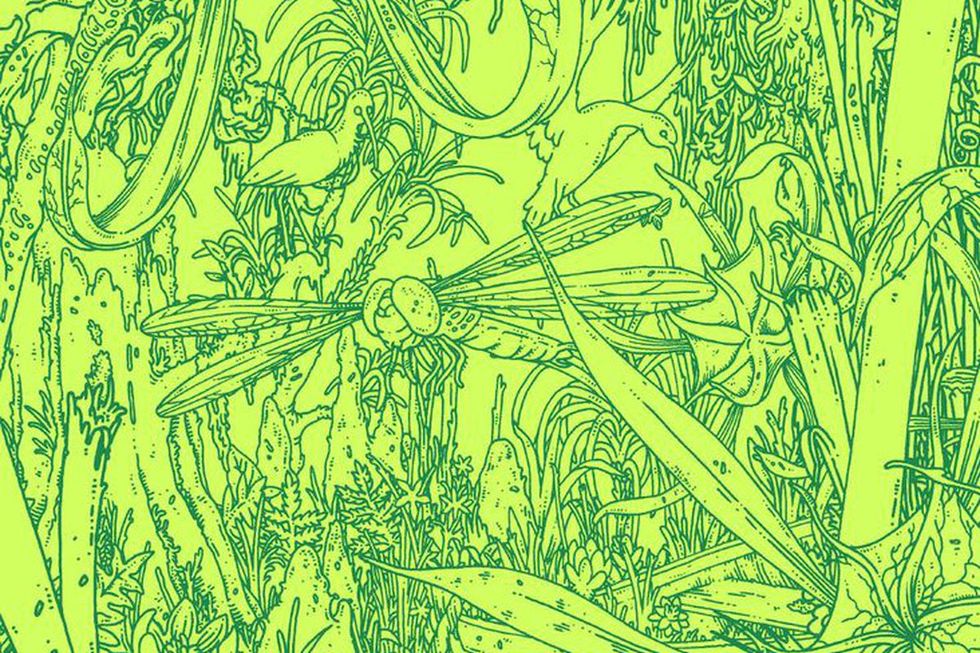I usually don’t enjoy sci-fi books. I’m a big reader, but my range of literary interests do not stray far from short, dense classics. I mostly enjoy philosophically rich books which focus on character development and setting rather than more plot central, action-packed works. I would have never picked up the book "Annihilation" by Jeff VanderMeer if it hadn’t been insisted upon by my fellow bookish friend. He assured me that he didn’t usually delve into apocalyptic or science fantasy-esque reads either, promising that "Annihilation" was much more than this initial classification.
If you haven’t already heard, "Annihilation" is book one of the Southern Reach Trilogy, soon to be adapted into a movie coming to theaters early this spring. Its plot focuses on an expedition of four female specialists into the so-called Area X, a wilderness unbound by the usual laws of nature, contained by a mystical border.
Within reading the first few pages, I could tell my friend was right, I hadn’t read anything quite like it before. The protagonist, the unnamed biologist of the expedition, was not your typical sci-fi character, her actions were not obviously motivated or easily understood. In the context of the plot, she matched the elusive tone and odd nature of her surroundings. I was immediately hooked by her understated yet relatable presence.
Foiled to the biologists inquisitive and private nature, the untamed wilderness of Area X countered her character as a vibrant and overbearing landscape. Most of the book was actually spent describing the wild setting, and the unnatural anomalies existing within it. Although detail intensive, I was never bored by the descriptions.
I was genuinely surprised by the level of intricacy the novel consisted of. The book had an unexpectedly thrilling level of suspense, and in getting into the final third, it exploded from understated buildup into a fast-paced runaway chain of events. I still don’t fully understand what actually occurred in the final chapters, but the invigorating experience of reading the intense final few pages was enough to leave me not without needing all the answers. The point of the book was to lead you in a twisted journey through the unique, emotionally detached perspective of the biologist, and emphasize the process of interpreting and paying attention to the details as being more important than the end destination of the plot.
Most books rely on key events and interactions to entertain you, and utilize plot twists, over-the-top climaxes, and cliché denouements to leave you with an overall satisfaction. However, "Annihilation" took a different approach. In the odd development of the biologist’s complex and possibly unreliable character, and the limited reveal of answers to questions brought up along the way, VanderMeer managed to captivate and satisfy readers through pure words alone.
In juxtaposing the protagonist and her environment through indirect stylistic measures such as stream-of-conscious run-ons about the setting, and suspense filled subtle clues in the details, "Annihilation" parted from the typical mainstream sci-fi book, and instead became an intriguing, thought provoking novel exploring the relationship between the unforgiving natural world and human attempts to understand and control it.
















